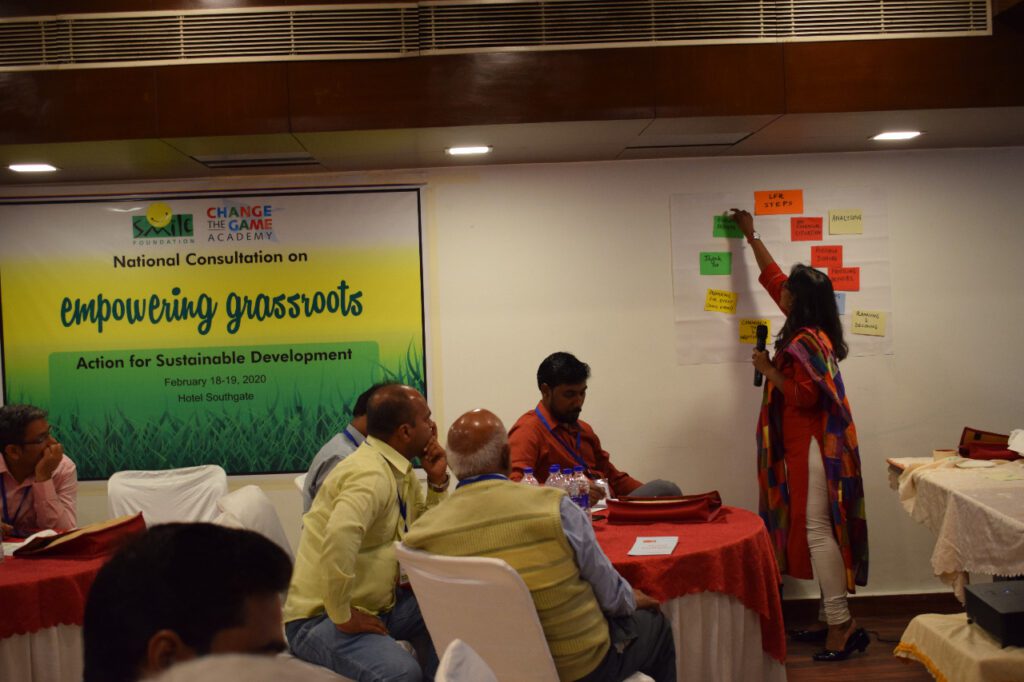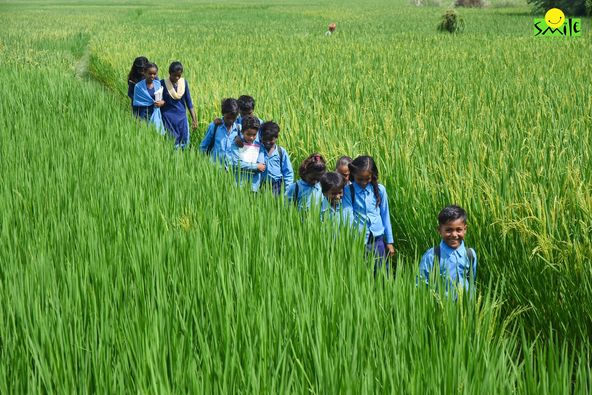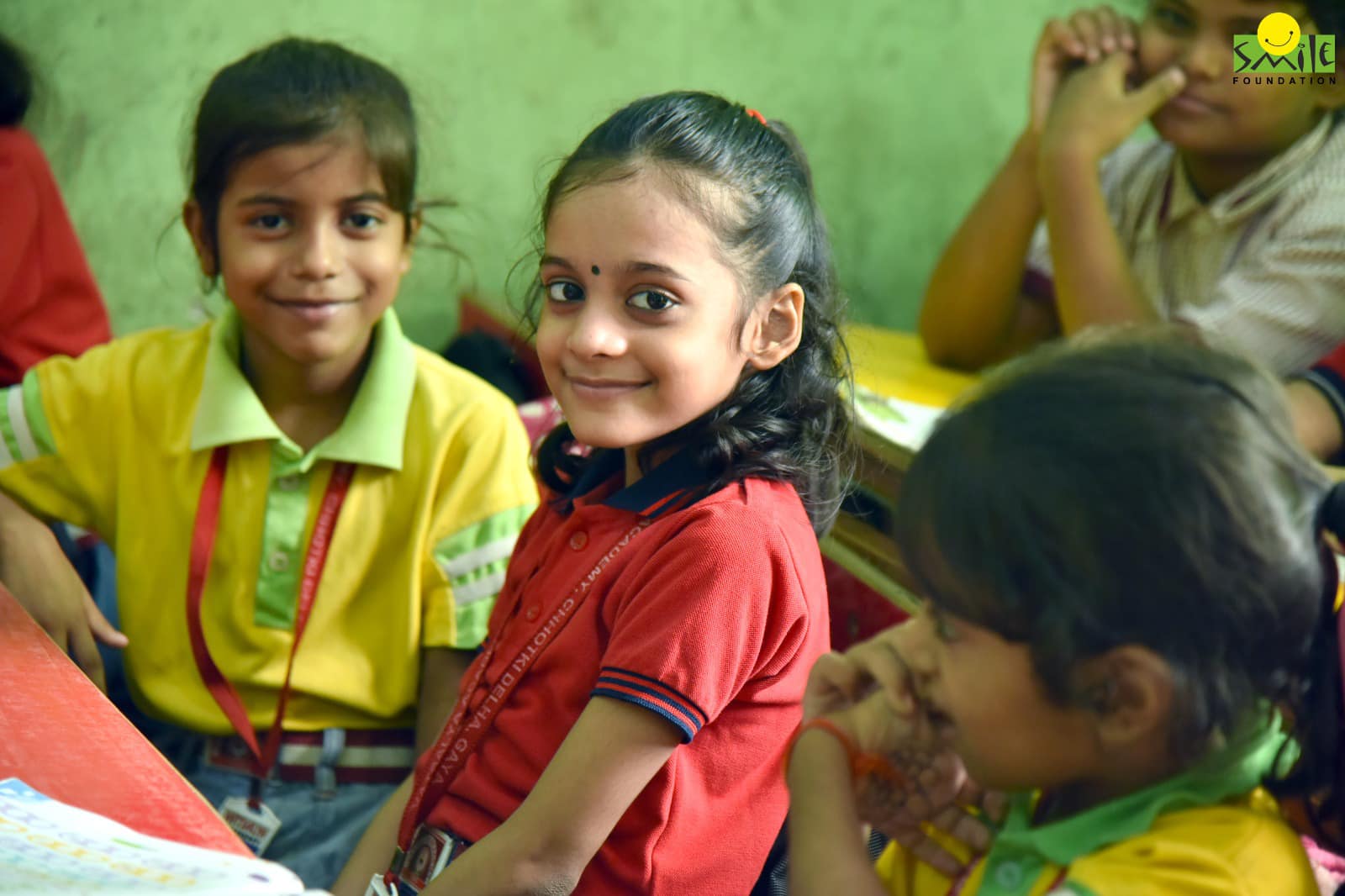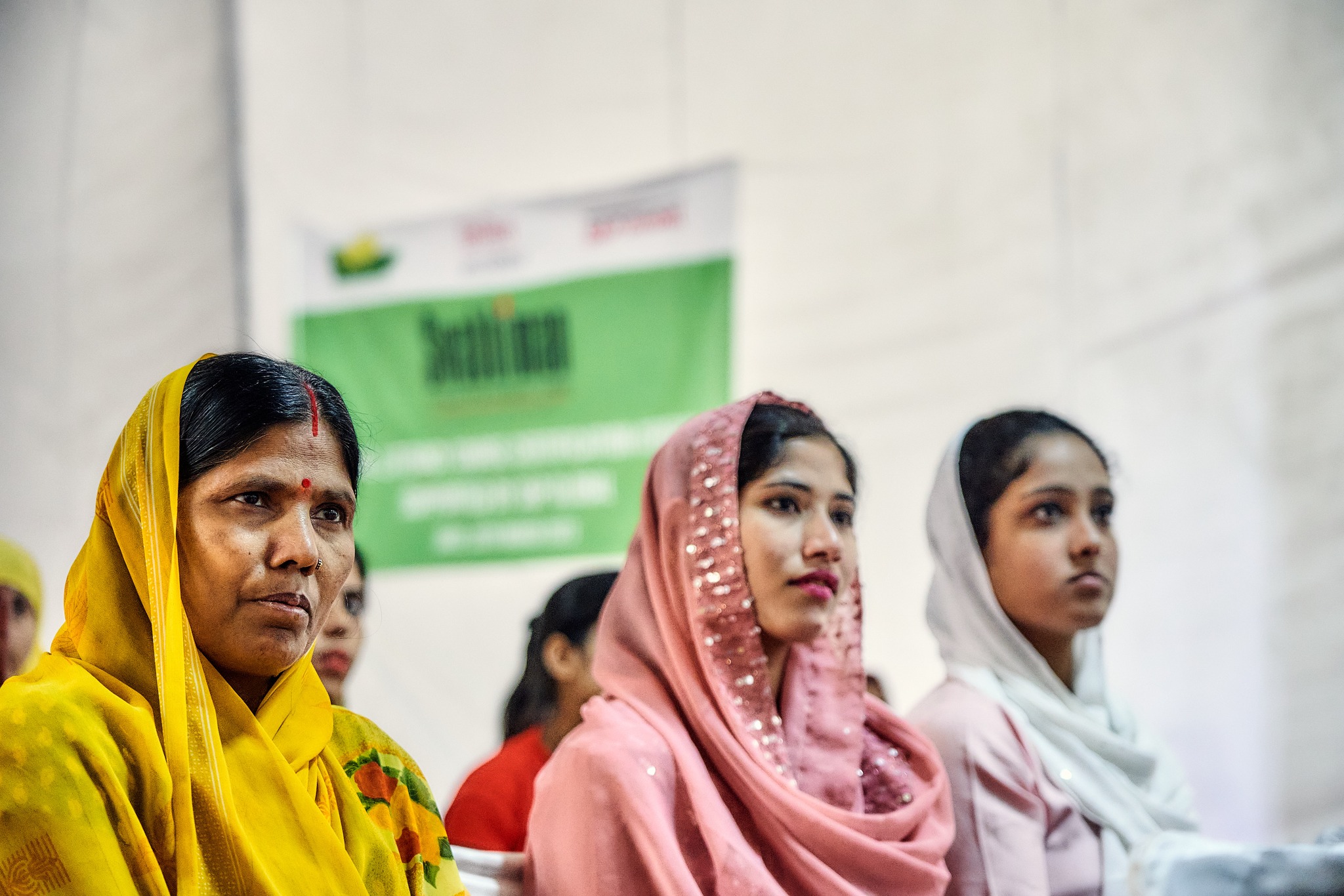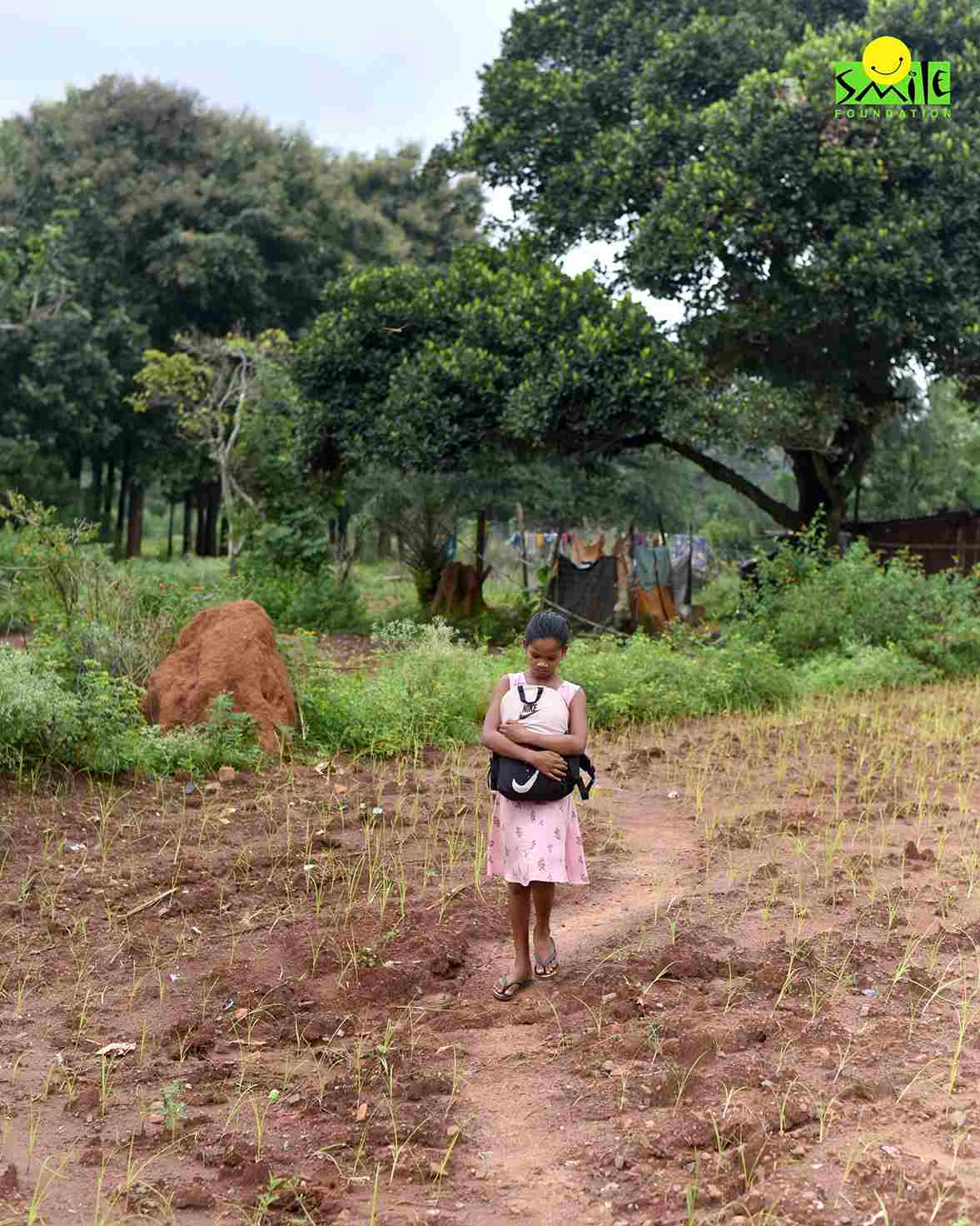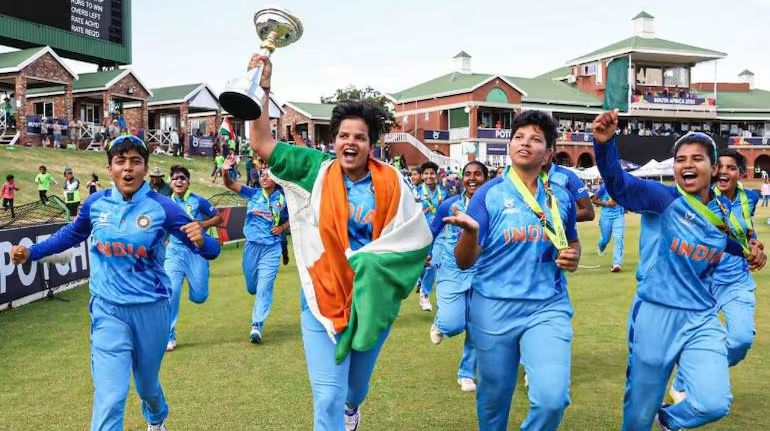Excerpts from Almuite Heider interview of Swatantra Gupta, Head, Corporate Partnerships & Alliances, Smile Foundation, published in the German magazine Misereor. Swatantra talks about Smile’s fundraising journey – from raising resources for its own initiatives, to helping smaller community based grassroots organizations source funds locally, and now leading the Asia chapter of the international capacity building initiative Change the Game Academy.
How and when did Smile come up with the idea of dealing with fundraising?
Smile was founded in 2002 with the support of some business people who wanted to do something good for society. Initially, they supported Smile’s work in the education and health sector with their own funds. But then they realised that the means to maintain a non-governmental organisation (NGO) must not depend on just a few people. That is why Smile started to look for donations in 2005, at first especially from companies. From 2010 onwards, an entire fundraising department was set up.
What inspires you in fundraising?
I myself like public appearances and I like to share ideas that inspire people. I spent some time working in marketing for a company. When I moved into the nonprofit sector, I still wanted to share the ideas and activities of my organization, this time with potential donors. I wanted to show them what the benefits of their donation can be; not for themselves but for society. Many in the development sector are enthusiastic and committed, and do really excellent work. But the big challenge is: how do they get money to make this commitment happen?
What is your motivation to support fundraising by other organizations?
Smile supports small NGOs which are very committed and responsible, but which still lack knowledge in some areas. If people are passionate and do good work in the social sector – for which there is a lot of need in India – but do not get enough money for it, nothing will happen. That is why Smile supports such community based grassroots NGOs in the area of fundraising. Today, we have a network of more than 250 grassroots organisations.
How do the training courses with the international platform Change the Game Academy method work?
There are ten online modules in total. These can be worked on individually and at the end you have completed the training. We wanted a maximum number of NGOs to benefit from the Change the Game Academy and we knew that we would only reach a fraction of the organisations with face-to-face courses.
But more efficient is a mixture of online and face-to-face learning. In the face-to-face workshops we also spend about a quarter of the time working on the computer with the contents of the online modules. We use the sequences whose contents actually need to be discussed, for example, the profiling of potential donors. This requires brainstorming, suggestions from others and discussions. So the participants can fall back on something if they want to look something up at home.
Virtual learning is in great demand right now – are there any disadvantages or obstacles?
In the cities, access to the Internet is not a problem, but in remote rural areas it can be a problem. But the real obstacles lie elsewhere. So far we have interviewed 300 people who have taken the course online. But although the course is good – the content is really fantastic – it is a challenge when someone does the whole course online. It’s just hard to assimilate new content just for yourself in front of the computer.
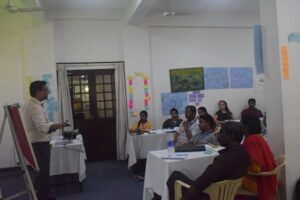
How do face-to-face workshops promote the development and implementation of fundraising ideas? How does a feeling for whether an idea is good or not develop?
Participants’ expectations are very high, many think that something will change immediately after the course. But fundraising needs a lot of preparation and practice. The trainers are therefore not only knowledge mediators, but also supporters and mentors. During the courses and for three months afterwards, the participants are instructed, because different fundraising strategies work everywhere. There are more opportunities in the big cities, but those who work in rural areas have to make more effort to develop ideas. A good coach recognizes this and makes sure that the organizations develop the right ideas. However, no one knows a magic spell for success. Participants are more likely to learn about the potential of their organisations, their community or their neighbourhood. Exchange with other NGOs is also important.
Has there ever been an idea whose success has surprised you?
Last year, a small organization from the state of West Bengal that works with educational programs for children organized a small film festival after the course. We never thought that such a small organization could put together a film festival, because it requires a lot of organization and communication. They invested about 320 euros and raised about 1,900 euros through entrance fees and sales of snacks. And that was their first attempt! For them the income wasn’t even that important, the most important thing was the creative implementation of the idea.
How do these organisations work in the Corona crisis now?
The grassroots organisations we are in contact with are all involved in emergency aid, because so many families need food at the moment. Many of the organizations that have done fundraising training with us have also been able to raise funds, often from companies. This is good because what has been learned is being applied. But of course all the income is too little, given the scale of the need. However still: solidarity is a positive aspect of this crisis.
To know more about Smile Foundation’s Empowering Grassroots initiative visit https://www.smilefoundationindia.org/empowering-grassroots.html
To know more about Change the Game Academy visit https://www.smilefoundationindia.org/CHANGE-THE-GAME/



